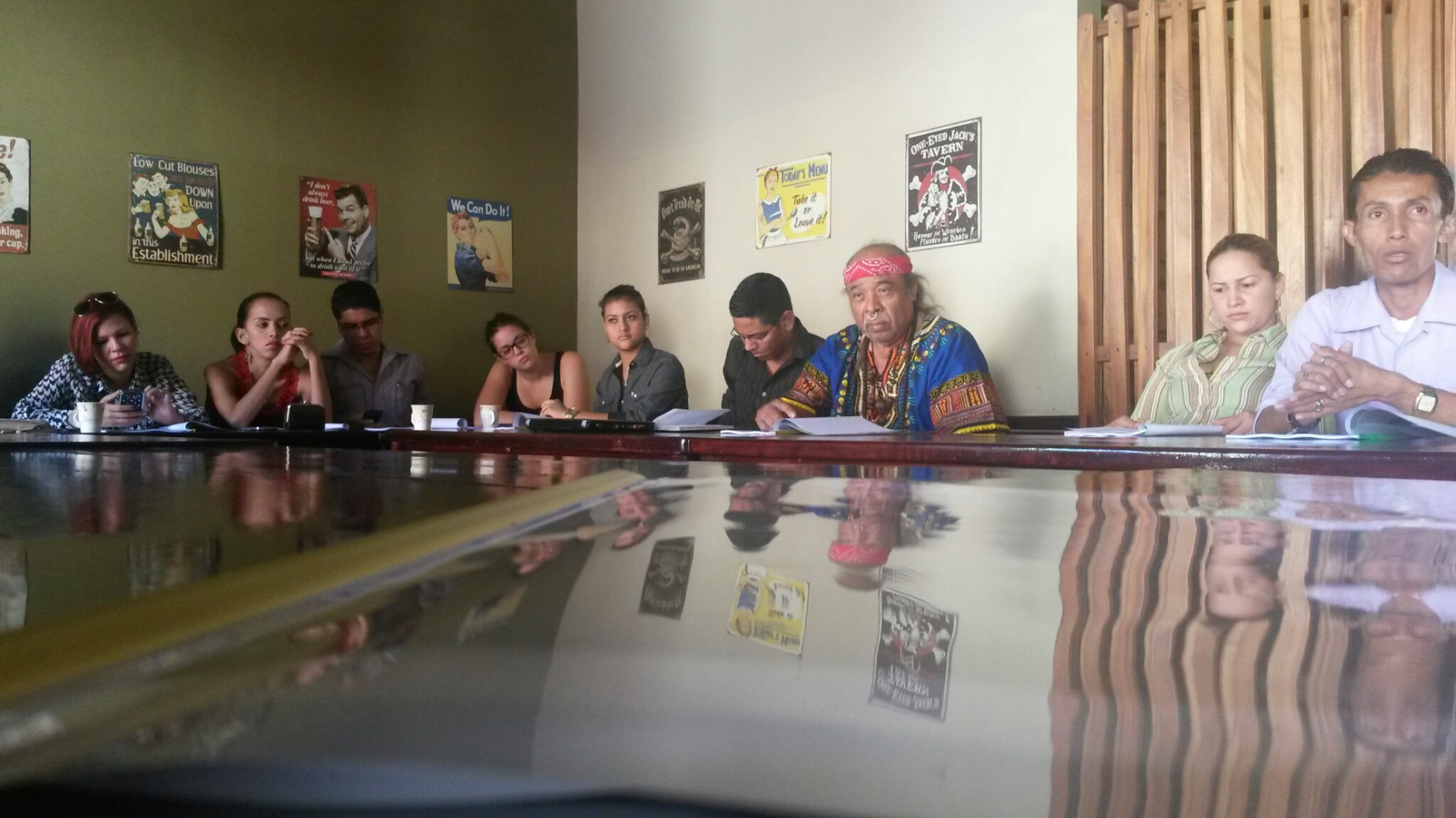
Nicaragua
donateNicaraguan organisations, either those still within the country or those now in exile, face several difficulties defending human rights. We provide them with various forms of technical and administrative support. Every year, we offer project cycle management training and microgrants for project development related to human rights and the struggle for justice and democracy in Nicaragua.
More recently, in light of growing censorship and lack of freedom of expression, we have strengthened support for independent media and journalists. We work with several independent media organisations to identify areas of improvement. We have assembled a team of subject matter experts in business management, search engine optimisation, project management, outreach strategies and others to provide training for journalists and allow them to continue with their work and achieve a more significant impact.
To raise awareness in the international community about the human rights situation in Nicaragua and seek justice before international mechanisms and organisations, we support the international advocacy initiatives of Nicaraguan human rights activists through communication campaigns, statements, research, and advocacy trips.


